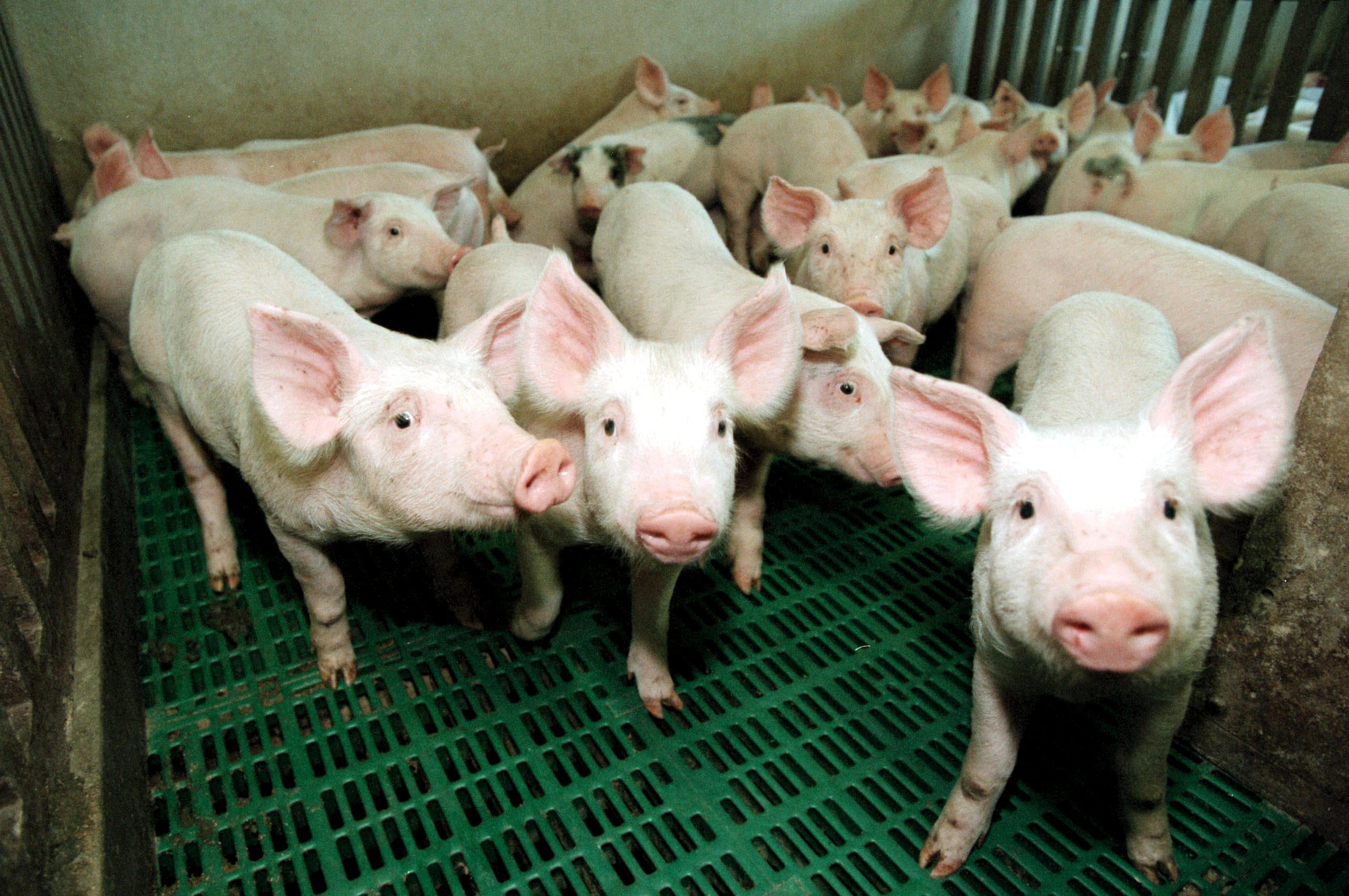Can glyphosate residues in the feed affect the health of farm animals?
Scientists at the Department of Animal Science, Aarhus University have received a 10-mio DDK grant from the VELUX FOUNDATIONS for a project examining whether residues of glyphosate in the feed will affect the health of farm animals.


In the period from January 2017 to 2020 senior scientist Martin Tang Sørensen, the Department of Animal Science, Aarhus University, will head of a large research project funded by 10 mio DKK from the VELUX foundations. The project will examine whether glyphosate residues originating from herbicides used in the feed production (for instance Roundup) can affect the health and productivity of farm animals.
About glyphosate
Glyphosate is valued in farming as an effective remedy to fight weeds. When the active substance glyphosate was introduced in farming in 1974, it was used for simple weed control that would normally not leave residues in the harvested crops. Later it became common to use glyphosate during the actual cultivation of crops, either for desiccation of for instance grain shortly before harvest or for weed control in crops genetically modified (GM) to be tolerant to glyphosate, like for instance GM soy beans. These new applications result in glyphosate residues in animal feed.
In addition to its properties in weed control, glyphosate is also patented as a broad-spectre antibiotic that can affect bacteria and other microorganisms. Further, glyphosate is patented for its ability to bind minerals. The new project focuses on these two patented properties.
”With this knowledge of glyphosate’s ability to affect certain microorganisms it should be examined whether glyphosate can affect the composition of the bacterial population in the gut of farm animals”, says senior scientist Martin Tang Sørensen, and continues:
”Further, glyphosate has the property of being able to bind to metals and minerals including essential micro minerals, and it should therefore also be examined whether this affects health and productivity”.
The effect of glyphosate residues on piglets and layers will be examined
The need to refuse or confirm the potential effect of glyphosate on the health status of farm animals has been strengthened following reports from farmers that linked the occurrence of a diarrhoea-like condition in poultry as well as diarrhoea in piglets to the use of GM soy in the feed. These experiences from practice have not, however, been scientifically documented.
”Presently there are no major scientific studies on potential effects of glyphosate on the microorganisms in the gut or on the availability of micro minerals in farm animals, and it therefore makes sense to conduct such studies to generate data from farm animals exposed to glyphosate residues via the feed”, says Martin Tang Sørensen.
The project examines the effect of glyphosate on the gastrointestinal microorganisms and on the mineral status in pigs and poultry as well as possible secondary effects on the animals’ health and productivity. The studies will be conducted both at the research facilities at Aarhus University Foulum as well as in a number of commercial herds. The studies will be carried out with newly weaned piglets and laying hens.
”Depending on the results from these studies subsequent studies could include cattle”, concludes Martin Tang Sørensen.
The project is conducted by scientists at the Department of Animal Science, Aarhus University in collaboration with SvineRådgivningen; SvineVet; SEGES and Sall&Sall Advisors. The project is funded by a 10-mio DDK grant from the VELUX FOUNDATIONS and runs in the period from January 2017 to July 2020.
More information
You can find more information about the background of this project in the memorandum: ”The feeding of genetically modified glyphosate resistant soy products to livestock", prepared by Aarhus University in February 2014, at the request of the then Ministry of Food, Agriculture and Fisheries.
If you want further information about the project, please contact senior scientist Martin Tang Sørensen, Department of Animal Science, Aarhus University. E-mail: MartinT.Sørensen@anis.au.dk
